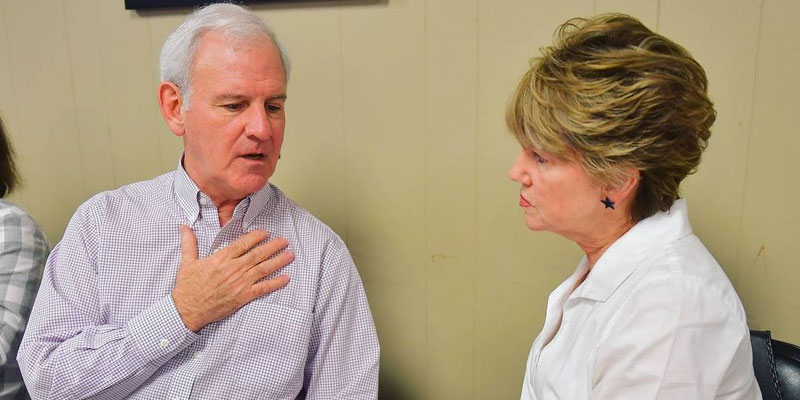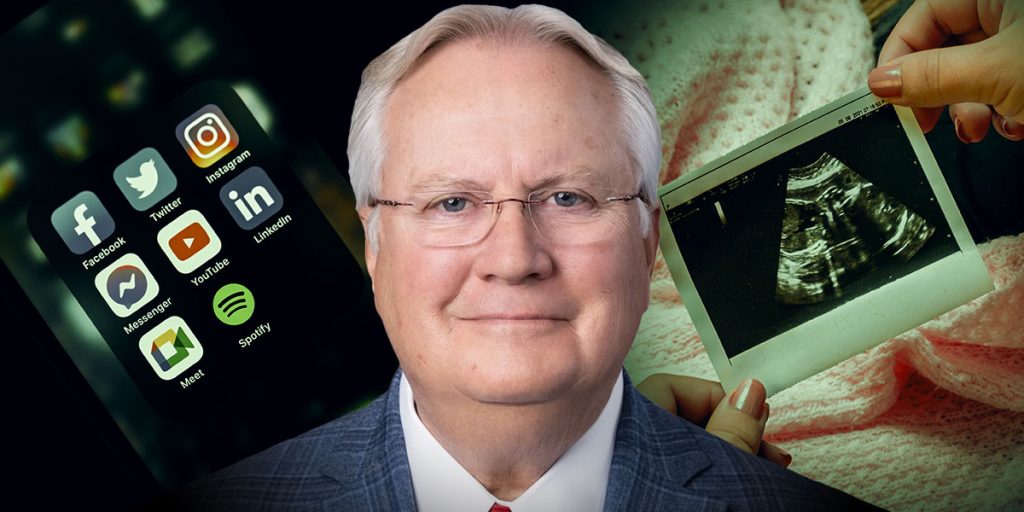The national debt of our country now stands at a staggering $23 trillion. By failing to act, we are placing an unearned and undeserved burden on our children and grandchildren. That is why I voted no when Speaker Pelosi rammed the $1.4 trillion 2020 spending bills through Congress in December.
We are spending too much money in the funding bills that Congress passes every year. But, these annual bills that get so much attention are just a part of the problem.
Most Americans do not know that around 61% of federal spending is on autopilot. Another 8% is spent on interest on the debt. That leaves just over 30% of federal spending for Congress to actually control each year. In 2020, the federal government will spend $4.826 trillion dollars, and $2.962 trillion of that will go out the door in the form of mandatory spending without Congress ever taking a vote on it. Unless Congress acts, the mandatory spending number will only grow larger with time.
As long as certain requirements are met, these mandatory spending programs receive money almost automatically. This is contrary to what our founding fathers envisioned when they gave Congress the power of the purse and allows Congress to have a convenient excuse to duck hard spending choices.
Within mandatory spending are many entitlement programs that we are wasting billions of dollars on and that are in desperate need of reform. These include programs like Medicaid, Disability, Obamacare, Food Stamps and other welfare programs.
With spending for these programs on autopilot – and rising every year – the incentive to pursue new reforms and innovations to more responsibly spend taxpayer money is not there. Once mandatory spending programs are established, there can be very little future accountability for their operation.
For example, in 2009 during the Great Recession, the federal government spent $59 billion on food stamps. At the time, this was a record-breaking number, a 41% increase, but it was supposed to go down as the economy improved and we got over the financial crisis. Unbelievably, during the best economy in years, we will spend $63 billion in 2020 on food stamps! These are dollars that could go towards important priorities such as increasing our military readiness or reducing the national debt. Yet, Congress has ceded control of them and the spending continues to rise.
Until we address the inherent problems with mandatory spending, our progress towards increasing spending accountability will be limited. That is why I have introduced H.R. 5538, the Mandatory Spending Control and Accountability Act. My bill would end all autopilot spending other than the Social Security retirement program, Medicare, TRICARE and VA Benefits. That reduces mandatory spending to a manageable 35% of the federal budget and limits autopilot spending to just programs people have earned through their work or service to our country.
Making programs like Obamacare and food stamps subject to the annual Congressional spending process will make Congress more accountable for those dollars. It will give us new sources to cut to reduce the deficit or to reprogram for priorities like protecting our national defense or job training without having to borrow new money.
Most importantly, it’s just common sense. Imagine if your family had a serious credit card problem, but you consistently tried to fix it by only changing 30% of your spending. You probably would not get very far, just like Congress hasn’t over the years.
I take seriously the responsibility to be a wise steward of your tax dollars. My bill won’t do everything to fix our debt and deficit, but it is an important start. I will continue fighting against the swamp culture that resists making tough decisions on spending, and I will continue working towards spending your money responsibly.
U.S. Rep. Bradley Byrne is a Republican from Fairhope. He is a 2020 candidate for the U.S. Senate.













